Lucy Letby’s legal team faces a herculean task to win her appeal – here’s why
As the killer nurse prepares to appeal her whole life sentences yet again, this time on claims a key witness has ‘changed his mind’ about crucial evidence, David James Smith looks at the hurdles her new barrister will have to clear

Although I am sure it is not entirely without precedent, the press conference called by barrister Mark McDonald to announce that his client Lucy Letby would be immediately asking the Court of Appeal to reopen her case was highly unusual, to say the least. The event was live-streamed by Sky News and others, allowing those of us who had not made the trek to London’s Royal Society of Medicine to follow the conference as it happened.
There were questions from the assembled media afterwards, but no one asked the obvious one: why have you called a press conference? A clue came perhaps in the answer to this question: is the Court of Appeal aware of your plans?
“They are now,” said McDonald, smiling from the lectern.
It conjured an unlikely image of a roomful of lord and lady justices of appeal, gathered around a laptop in their ermine gowns and full-bottomed wigs, watching the live-stream intently in the hope of discovering what this “presser” was all about.
While arguments over the pros and cons of the case are raging in the court of public opinion, the reality of the Court of Appeal’s iron grip on Letby’s fate casts a long shadow over her prospects of achieving freedom anytime soon, or frankly ever.
As things stand, she will die in prison. To put the facts starkly, she is in HMP Bronzefield serving 15 whole life prison sentences after two trials at which she was found guilty of seven counts of murder and seven counts of attempted murder. The victims were newborn babies, and Letby was convicted of killing or harming them while working as a neonatal nurse at the Countess of Chester Hospital between 2015 and 2016.
As must be obvious by now, the case is both highly emotive and immensely difficult, not least because there was no direct evidence against Letby. There is no forensic trail pointing inexorably to her guilt and no witness who could say, “I saw her do it.”
In these circumstances – quite rightly – there is room for doubt; the possibility that a miscarriage of justice may have occurred. But that is not the same as saying Letby must therefore be innocent.
Over two trials – spanning many months – jurors heard detailed medical accounts of each incident, and also watched on as the evidence, and the witnesses who gave it, were challenged robustly by her former defence counsel, Ben Myers KC.
It was only when I recently read the transcript – comprising over 600 pages – of the judge’s summing up in the main trial that I fully understood how Letby had come to be convicted and the scale of the hurdle she now faces after two failed appeals.

It was apparent, for instance, that statistics had played a minimal role in her conviction and are therefore unlikely (no matter what others say) to be of much relevance to any further appeal or review by the Criminal Cases Review Commission (CCRC).
McDonald already knows how little traction statistics have at appeal in such complex medical cases, when they have not formed a significant part of the prosecution at the original trial. He has been acting, for many years, on behalf of Benjamin Geen, another nurse who is serving a life sentence after being convicted in 2006 of two murders and 15 counts of grievous bodily harm against patients at a hospital in Banbury.
At Geen’s 2009 appeal, McDonald and the QC who led him, Dr Michael Powers, attempted to use statistics to prove that clusters of the kinds of events of which Geen was accused were not so unusual. Among the statisticians who supported Geen are two whose names will be familiar to Letby watchers: Jane Hutton and Richard Gill.
The Court of Appeal’s 2009 decision on Geen is available online and reveals just how hard it will be for Lucy Letby to mount any similar arguments.
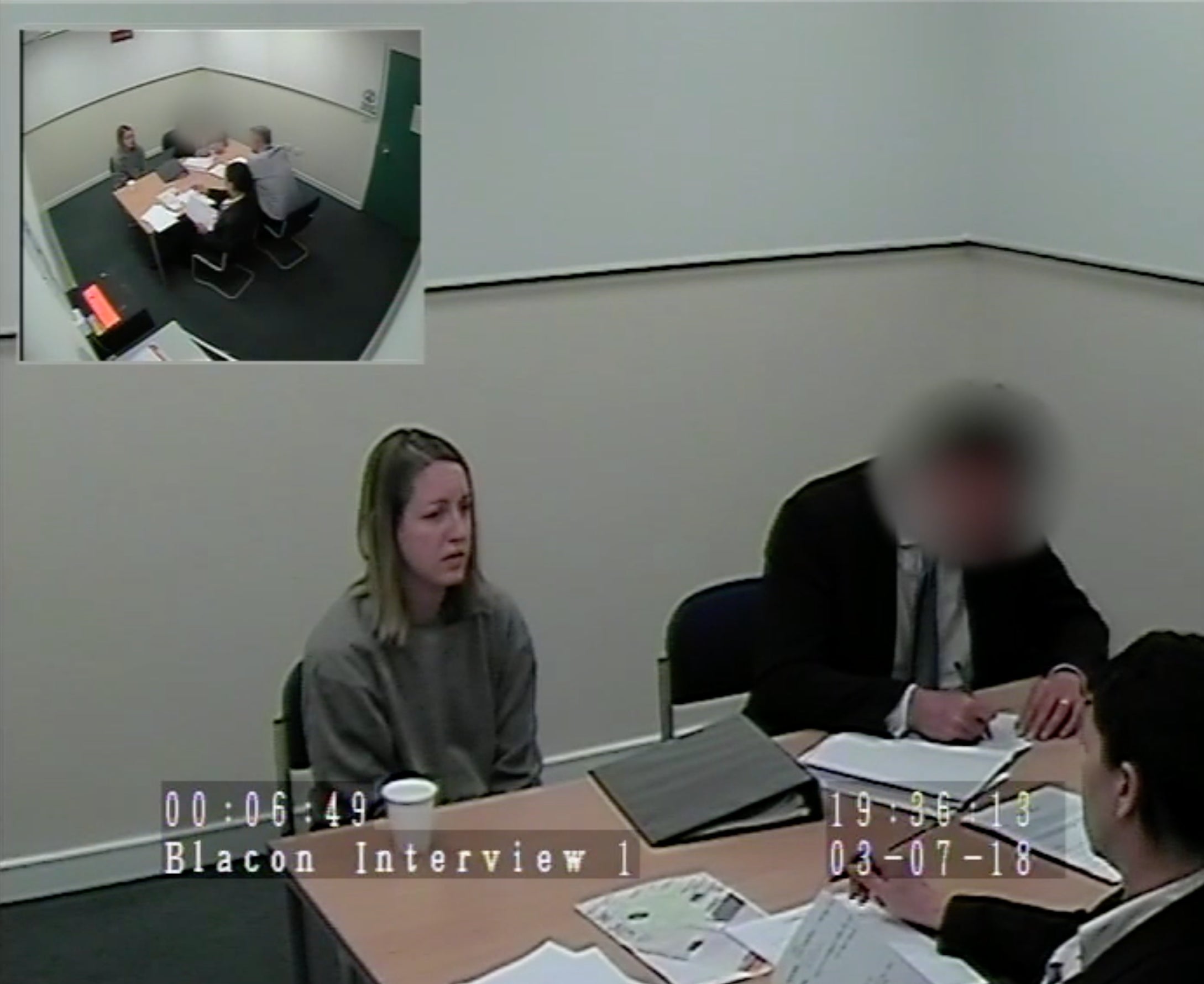
Take this line from paragraph 70: “It was also an agreed fact that the applicant (Geen) was on duty for each incident. Thus in this case the prosecution were not attempting to prove primary facts by the use of statistics or untested data. They proved their primary fact of the rarity of these events and presence of the applicant by unchallenged evidence. They then invited the jury to draw the inference that this formed an unusual pattern, which if formed by chance, which it may have been, it was a remarkable coincidence. This was a straightforward argument of a kind often put before a jury, upon which a statistician’s evidence was not, in our view, required, provided of course proper attention was paid to the circumstances of each of the incidents relied upon. The Crown here did just that.”
And then this: “Finally, as Mr Price (the Crown’s appeal barrister) observed, there was in any event a wealth of material pointing to the applicant’s guilt from which the jury would have drawn their own safe and proper inferences. Mr Price argued (that) the danger of approaching this particular case on the basis of academic statistical opinion, however distinguished, is (that it is) divorced from the actual facts. We agree.”
That was about Ben Geen, but it might equally have been about Letby. Although her case – like Geen’s – lacked direct evidence there was, as the 600-page summing up reveals, plenty of evidence from which guilt could be inferred. As criminal lawyers and judges well know, circumstantial evidence can be compelling too.
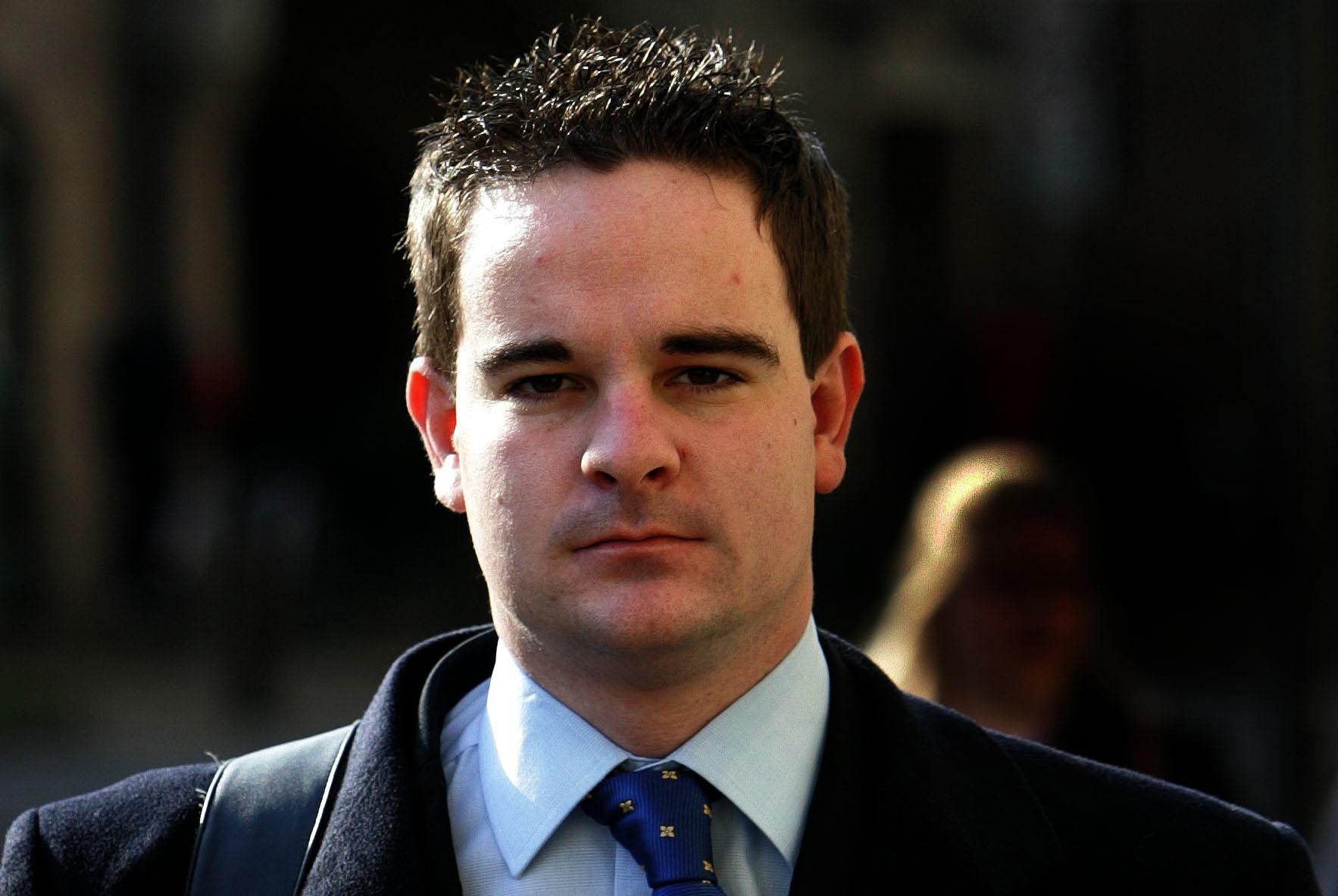
McDonald established the London Innocence Project, which supported Geen’s case when he later applied to the CCRC, again advancing statistical arguments, among other points.
The CCRC appears to have commissioned its own analysis, before rejecting the application. McDonald took the CCRC to Judicial review where it agreed to look at the case again, and again rejected it. It has rejected it again since. It is now 18 years since Ben Geen was convicted. He is serving a minimum term of 30 years. If he had been convicted now, he too might have faced a whole life sentence.
Perhaps McDonald was hoping to speed things up for Letby when he announced at the press conference that he was going to apply immediately and directly to the Court of Appeal to reopen her case, in the light of what he said was the changed position of Dr Dewi Evans, the Crown’s main witness for three of the baby cases. Dr Evans has since denied he has changed his mind.
A telling question at the press conference was why Letby’s original defence team had failed to call any expert witnesses at the two trials, to challenge the witnesses for the Crown, who claimed that babies had died or been harmed
McDonald suggested there could be a hearing by Easter, a quashing of the verdicts, and a retrial.
In truth, his prospects of succeeding by this route must be next to non-existent. In another recent notorious case – the Maids Moreton murder, which was the subject of the BBC drama The Sixth Commandment – David Jeremy KC, on behalf of convicted killer Ben Field, sought to persuade the Court of Appeal in 2022 to reopen Field’s rejected appeal against conviction on the basis that the original hearing had been unfair and biased against Field.
Jeremy must have rattled the court’s cage as they explained their reasons for rejecting his application at some length, emphasising the extremely rare circumstances in which the court would reopen a rejected bid.
They then said this: “If [as the applicant contends] the decision of the Full Court is legally flawed and profoundly wrong, then there is a potential remedy: in the form of an application to the CCRC.”
They will surely say the same to McDonald too. Letby’s only hope now is via the CCRC. You cannot have more than one direct appeal, but you can make as many applications as you like to the CCRC, which alone has the power to refer cases for a new appeal. If it makes a referral the court must hear it.
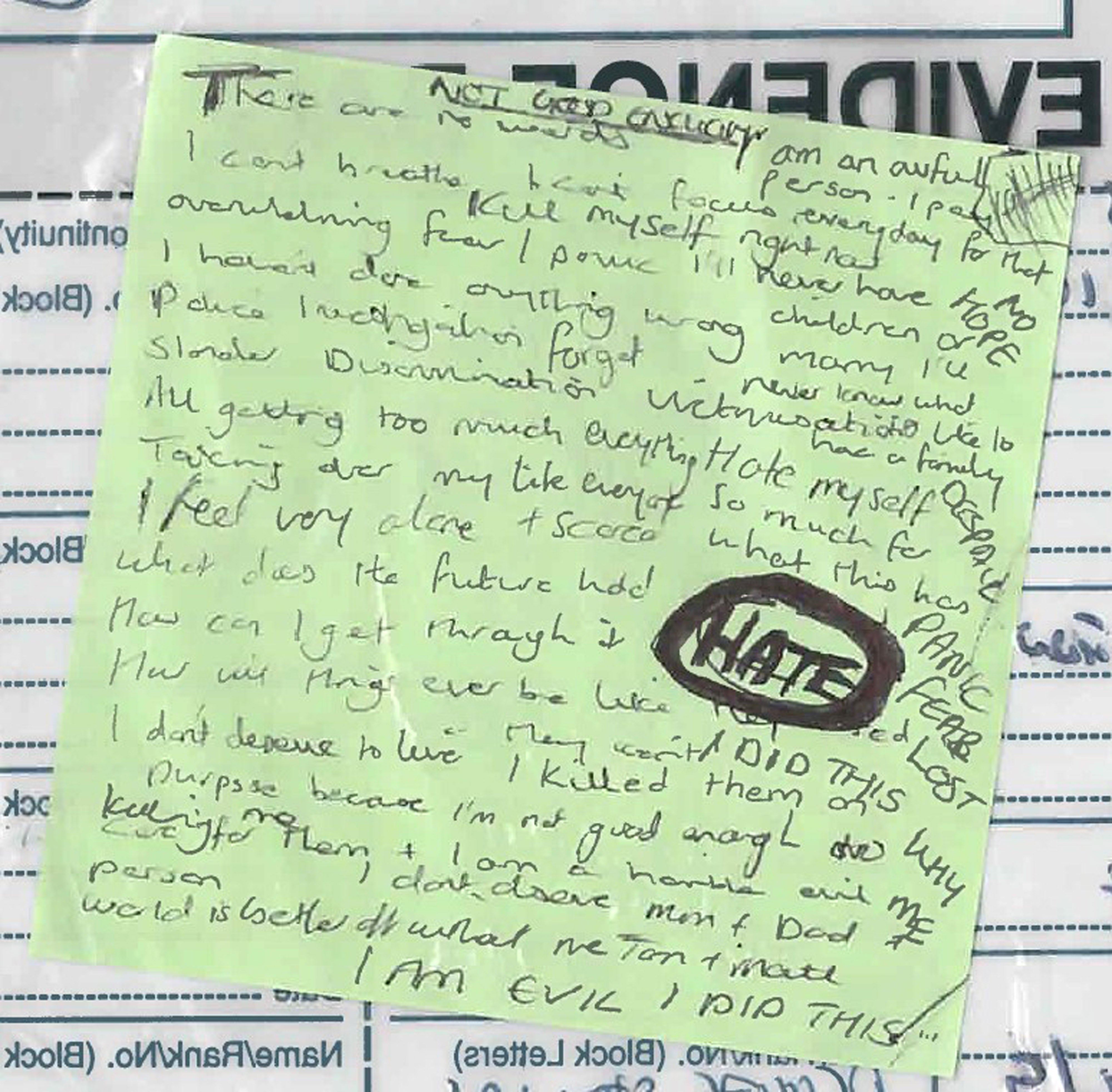
The question, regarding Evans, will be the extent to which he really has changed his evidence.
Many years ago, Barry George was found guilty of murdering the television presenter Jill Dando on her doorstep. No one saw him carry out the shooting in April 1999, and the only forensic evidence was a single particle of firearm residue in his coat pocket, which the Crown expert at trial said matched residue from the scene of the shooting.
Some time afterwards, the expert changed his mind – science had moved on – and George’s conviction was quashed, following a referral by the CCRC. He was put on trial again without the particle in evidence and this time he was acquitted.
If Evans does not formally withdraw or change his evidence – and his role as an expert witness has already been endorsed by the Court of Appeal – Letby will be wholly reliant on the many new experts who have apparently come forward.
McDonald said at the press conference that, just two weeks ago, more than 50 of these experts had gathered together in another room at the Royal Society of Medicine.
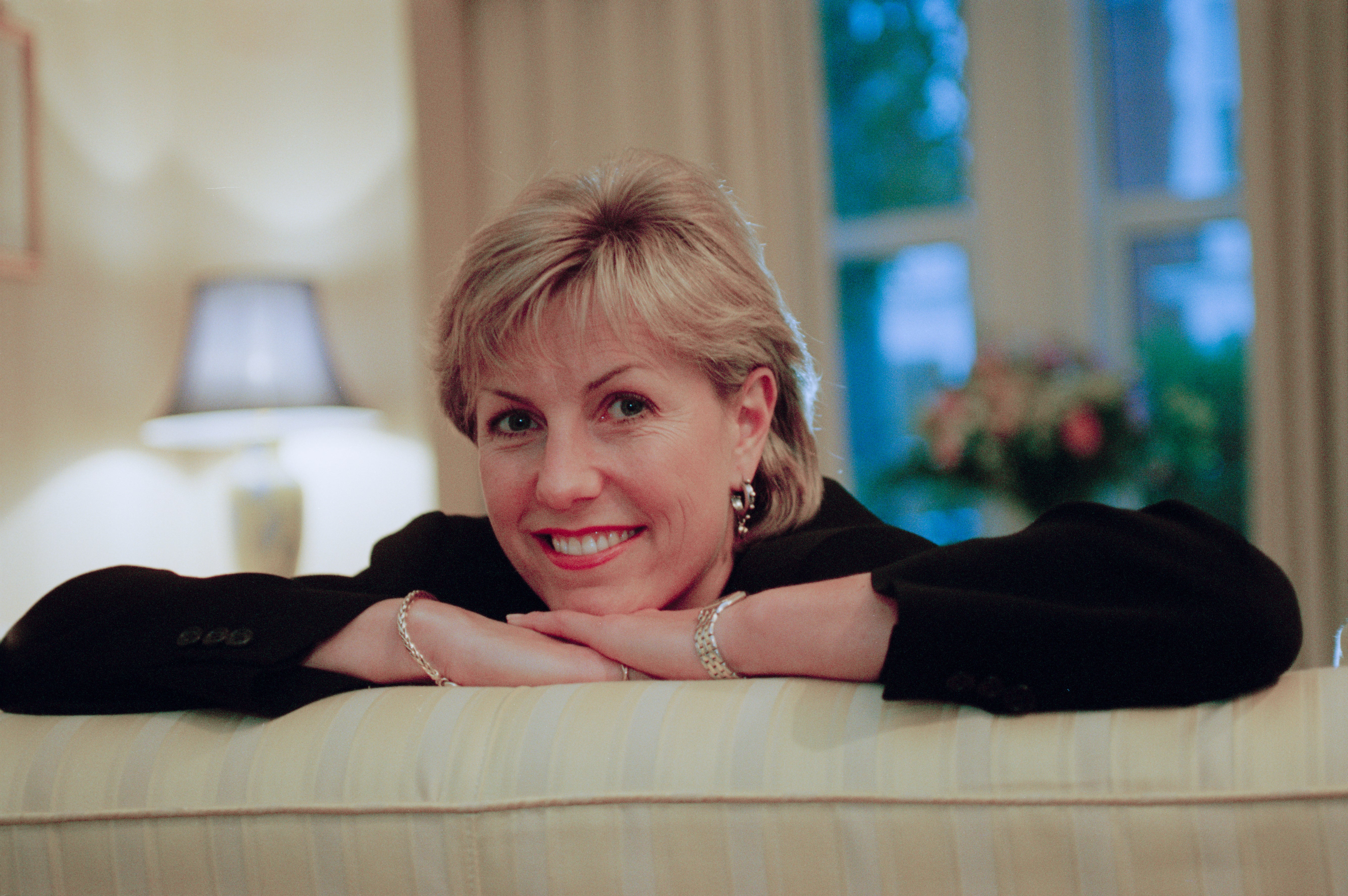
Three doctors were cited at the press conference and one of them, neonatologist Dr Richard Taylor, had flown in from Canada to tell the conference that on his reading of some of the papers, an unnamed doctor, not Letby, had inadvertently caused one of the baby deaths.
As McDonald will know, an appeal – or a CCRC review – like a trial, is a legal process. It’s not a meeting, and not easily susceptible to arguments about the contrary views of experts who may be medically qualified but not necessarily familiar with how the case evolved at the trial that led to the conviction(s).
A telling question at the press conference was why Letby’s original defence team had failed to call any expert witnesses at the two trials, to challenge the witnesses for the Crown, who claimed that babies had died or been harmed by injections of air, or insulin, or more.
McDonald, perhaps surprisingly, said he didn’t know why, and had not yet asked Letby’s trial lawyers. He was not going to criticise them, he said.
Any future appeal will depend on a satisfactory answer to that very question – far more so, almost, than anything else. It is the platform for fresh evidence. It is there in the 1968 statute, the Criminal Appeal Act, that sets out the grounds for allowing fresh evidence at appeal, which require a “reasonable explanation” for why the evidence was not called at the trial.
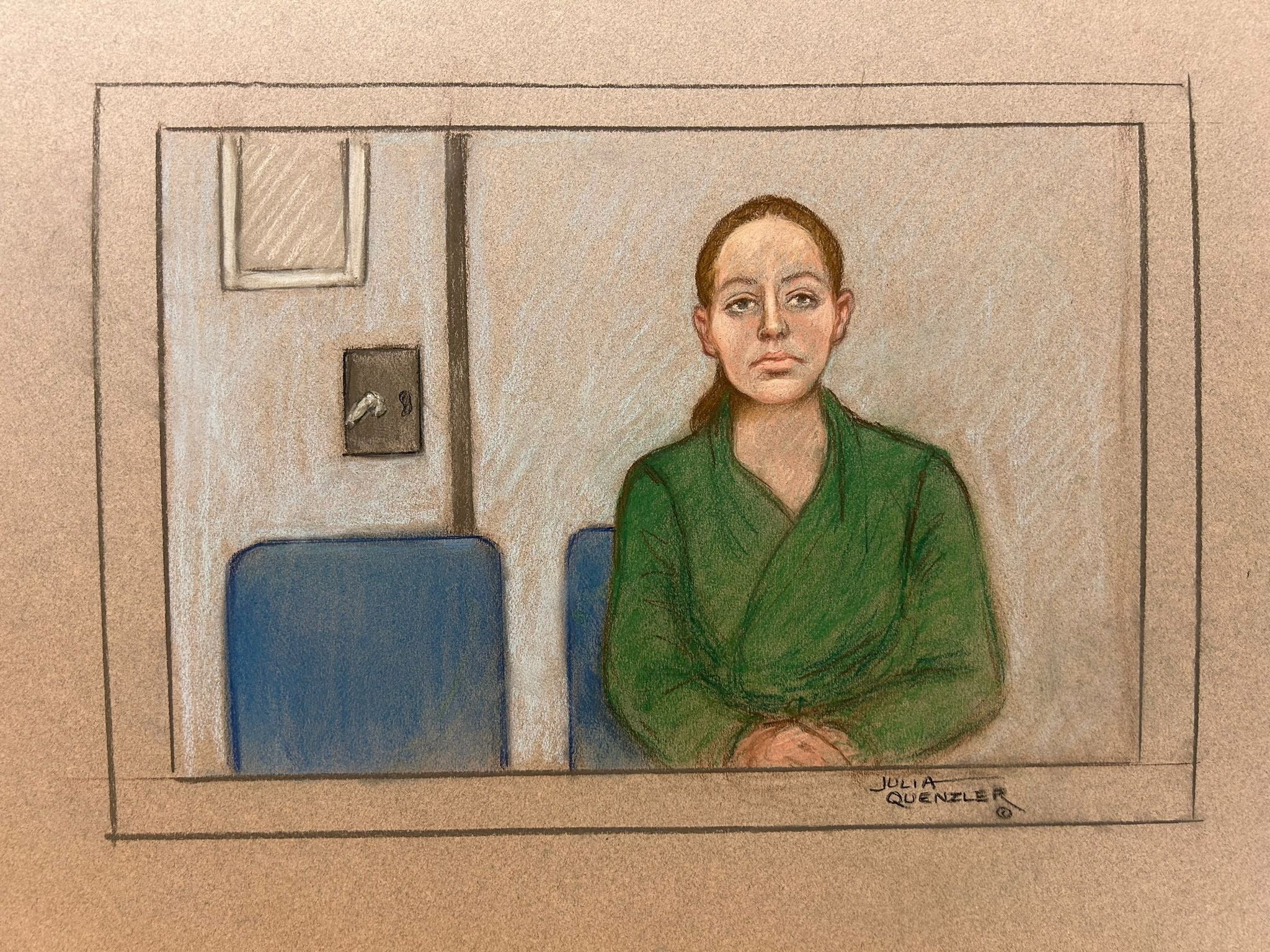
In other words, you had your chance, why didn’t you take it? If you were playing tactics, it’s too late now, you should have thought of that the first time around.
Letby may however take some encouragement from an observation by the Court of Appeal in its second decision, refusing her leave to appeal the 15th conviction, for attempted murder, which was delivered in October 2024.
The court noted that there had been “significant media coverage” since the first trial ended, involving “a critique of the medical and scientific evidence” called at the first trial. “Some of the public comment has called into question whether Letby ought to have been convicted in August 2023. We are not concerned with the first trial … Whether there are or may be issues arising from the first trial which have yet to be the subject of judicial consideration is not for us to say. That would be speculative.”
On one generous reading, the Court of Appeal acknowledged the concerns and invited an application for a CCRC review.
Still, there is no escaping the harsh fact of her position. Letby stands at the foot of a steep mountain of Himalayan proportions. Much now depends on the mountaineering skills of her new barrister, Mark McDonald.
David James Smith is a former Commissioner of the Criminal Cases Review Commission

